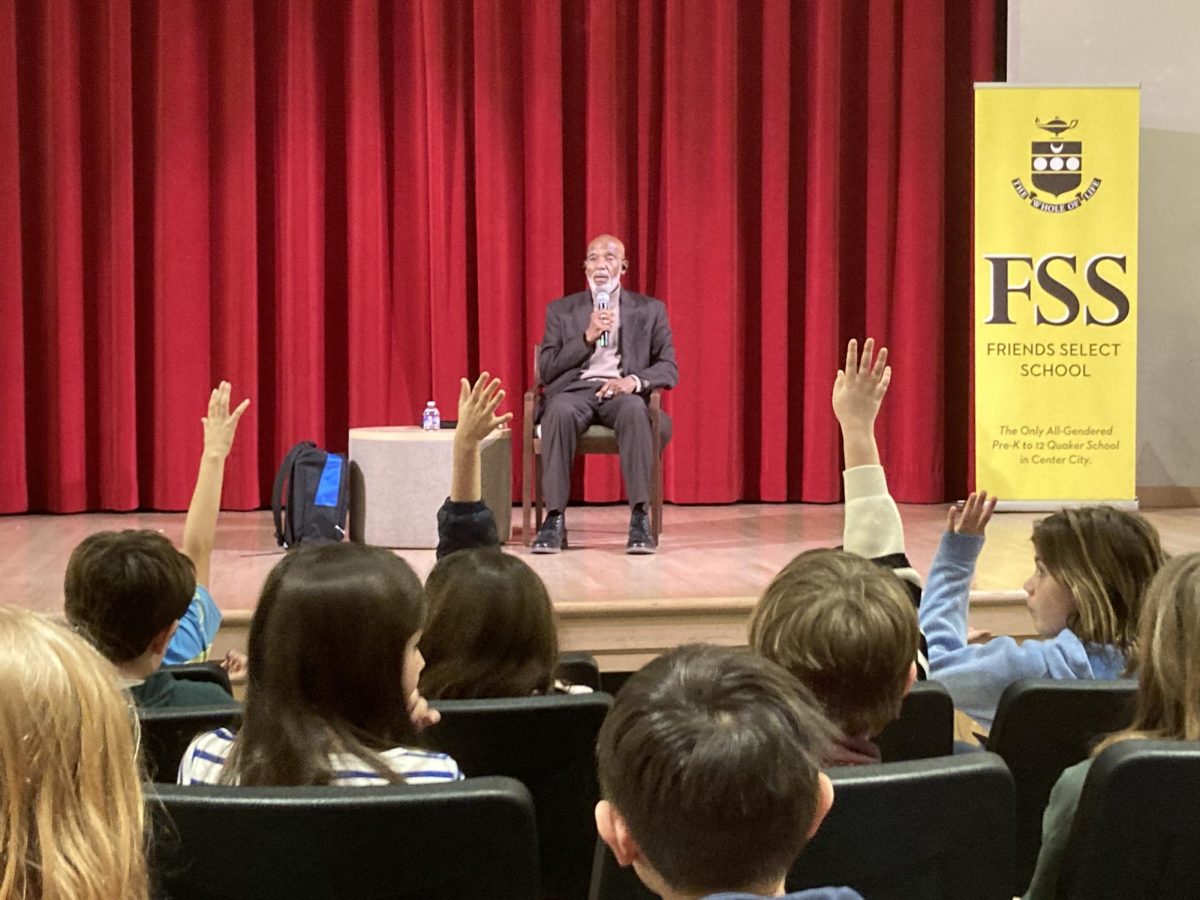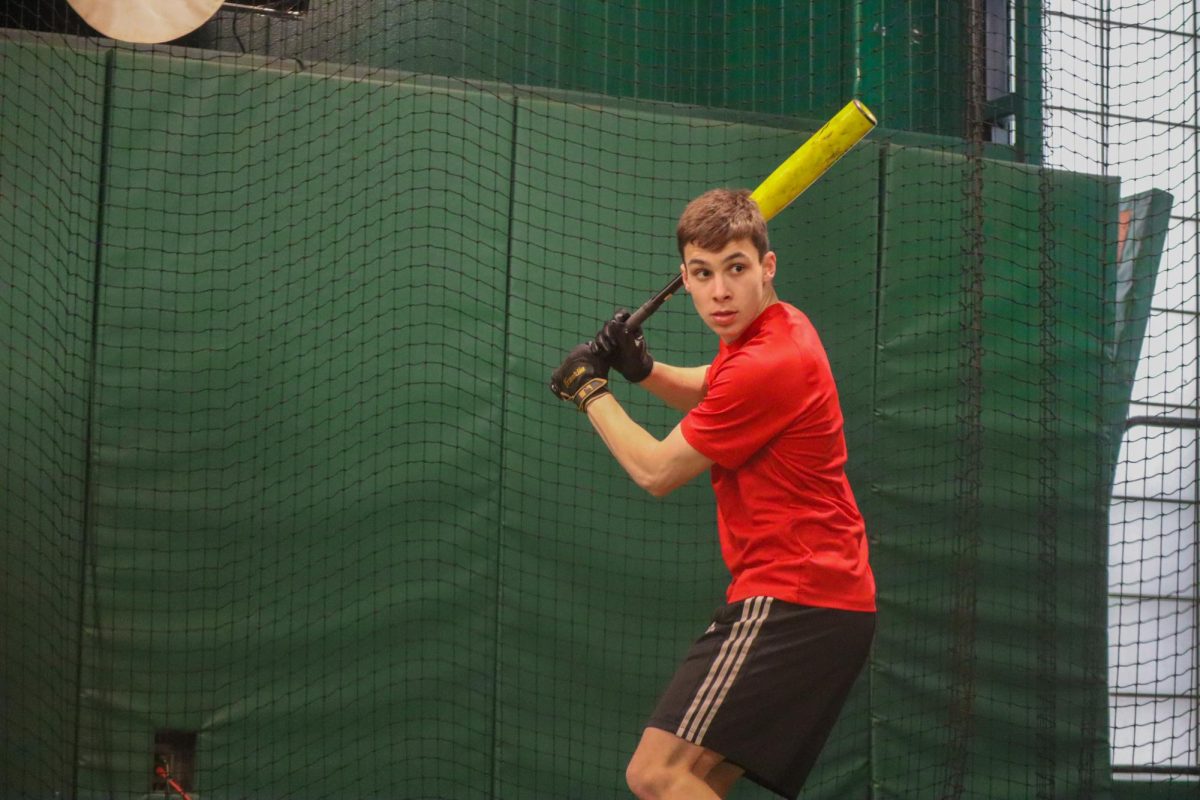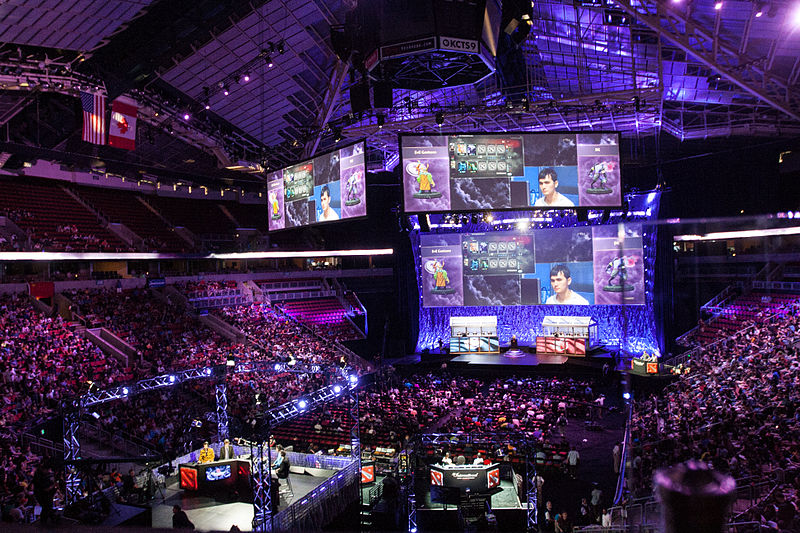Are eSports Really Sports?
Lebron James, the second best basketball player of all time, is making $162 every second as he stands on the court of the 2020 NBA Finals in front of 10 million live viewers. Meanwhile, Kim “Canyon” Geon-bu, is making about 1 cent for every second that he plays at an MVP level on the stage of the League of Legends World Championship in front of 46 million viewers. 1
Now you might be curious as to why I would compare a video gamer to a real-life athlete. Well, according to the Oxford Dictionary, a sport is “an activity involving physical exertion and skill in which an individual or team competes against another or others for entertainment.” While some might argue that gaming requires physical exertion, I must be a realist and say that there is not nearly as much physical exertion in gaming as there is in most traditional sports. However, even though eSports might not technically be a sport, they should definitely still be respected as one by the public.
In notable traditional sports like racing, skiing, archery, golf, or ping pong, the physical attributes of the athletes are not what’s respected. Rather, the technique of how they shoot the arrow, how they control their car, or how they swing their club is what’s admired. Even though gamers aren’t necessarily physically strong, they rely on an immense amount of technique, game knowledge, and teamwork to outplay their opponents that requires a very similar amount of training as most traditional sports.
The lack of physicality also plays a large factor in the convenience of gaming. This leads to professional gamers spending more time than traditional athletes, practicing to become better than tens of millions of other online players. Stephen Curry, the best shooter in basketball history, practices for 3-5 hours every day. This includes playing actual basketball and physical conditioning. Lee “Faker” Sang-hyeok, the best League of Legends player in the world, practices for an incredible 12-15 hours everyday. 2 3
Faker puts more time into his craft due to two reasons. Firstly, with video games, any player at any age can become a professional if they’re good enough. The professional scene isn’t as restrictive as major sports leagues are, so Faker must constantly stay at peak performance in order to beat out competition from 100 million players, while Curry only has to worry about the 60 players in next year’s NBA draft.
And secondly, gaming is something that you do at your house. It is extremely convenient to just walk into your room and practice without straining your physical condition, which is something that Curry can not do. Though it can be argued that athletes don’t practice that much because they aren’t physically capable, I don’t think that the time that is put in from professional gamers should be taken away or thought less of. They practice more because they can.
Another unique quality that eSports athletes have is a type of versatility that traditional athletes don’t. Being multi-talented in eSports is different from traditional sports because as games become less popular, they need to use their skills to become good at new games. The most relevant video game is League of Legends, which is a highly competitive game with a player base of about 100 million players worldwide. There are about 1,000 professional League of Legends players, which means that there is about a 1 in 100,000 chance that a random player becomes a professional. This is a slimmer chance than most other sports, including soccer, basketball, football, and hockey. The professional scene has received over 1 billion dollars in investments, which is unmatched by almost every other video game. 4
However, games like League of Legends are definitely an anomaly. Unlike League of Legends, many games become irrelevant within 5 years. Take Overwatch for example. At its peak, Overwatch maintained about 7 million monthly players and started a professional league with hundreds of millions of dollars invested into team franchises. But as the majority of players began to grow bored of the game, the professional scene died along with it. People who had made Overwatch their livelihoods had to find a new game and adapt. This type of versatility isn’t seen in traditional sports, as a middle school football player won’t have to worry about football becoming irrelevant when they get older. 5
So no, I don’t believe eSports are actually sports, as they don’t follow the traditional definition. But considering the effort that is put into every aspect of this industry, maybe eSport athletes should earn just a little bit more money.























